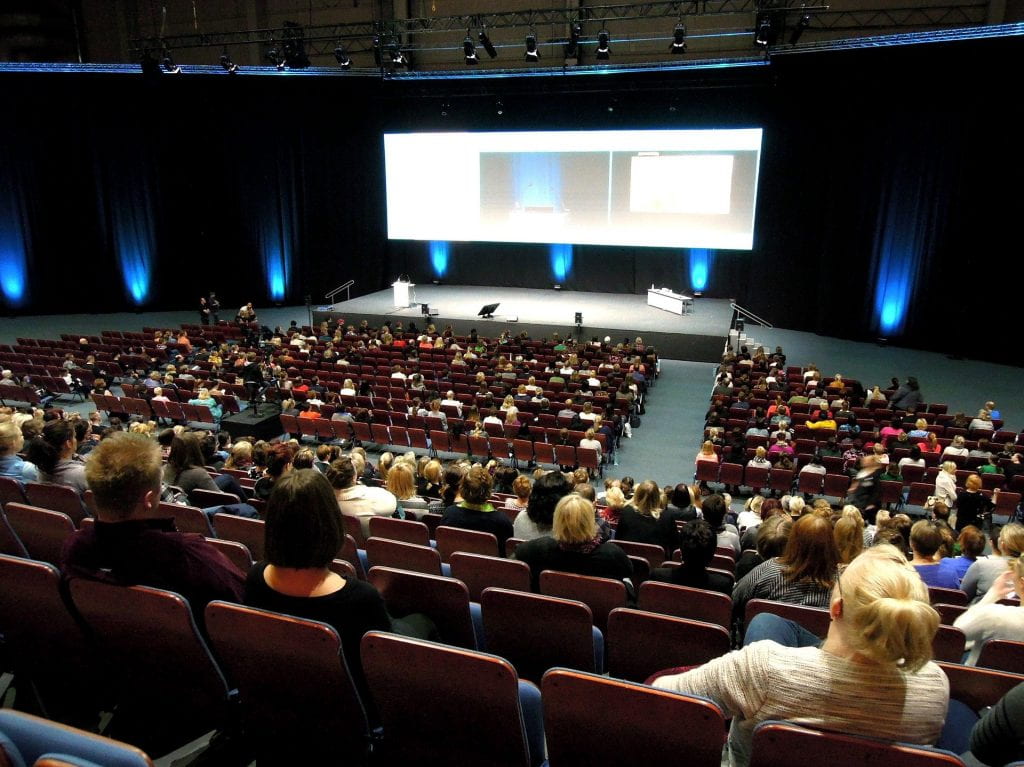This post by Martin Compton from UCL was originally posted on the UCL Reflect blog here https://reflect.ucl.ac.uk/mcarena/2021/04/16/dealing-with-dissonance-now-is-the-time-for-open-critical-and-mediated-reflection-on-remote-teaching-and-learning/
The necessary, pandemic-enforced modifications that teachers and lecturers made over the last year have often been nothing short of miraculous. Most frustrating perhaps is where effort has been huge but responses (either engagement levels or evaluation responses) have been less than hoped for. I have heard colleagues desperate for a return to ‘normal’ and others very keen to hold on to and develop approaches they have honed or learned from scratch. Whatever teaching, learning and assessment look like next year, there will no doubt be degrees of ‘blendedness’, hybridity and necessary flexibility. Whatever our disciplines, it makes sense to take a moment to reflect on the experiences of the year and to consider what worked, what didn’t, what we WANT to keep, what we HAVE to keep and what that means for our workloads and impacts on our own and our students’ mental health (I originally typed ‘wellbeing’ but am starting to feel as though this word is being stripped of tangible meaning and weight). Anyway, so far; so obvious.

image: geralt via pixabay
Without being immersed too deeply in the psychology, I am leaning on the language of ‘cognitive dissonance’ (Festinger, 1957– good summary here for non-psychologists) and the ‘fixed and growth mindset’ conceptualisation of Carol Dweck (core ideas summarised in 9 min video by Prof Dweck here). Cognitive dissonance is anxiety caused by our own behaviours that challenge what is known (for teachers, a belief in the self and what constitutes effective teaching is important). ‘Forced compliance behaviour’ is the most useful way to think about this in the Covid context because the vast majority of lecturers and teachers have had to act in ways that conflict with beliefs and pre-conceptions about what equates to good teaching and what shapes us- what defines us- as teachers. Pre-pandemic, ‘digital education’ could be ignored and the research dismissed where there was no perceived need or obligation to engage. Clumsy edicts without clear rationalisation or evidence and behaviouristic award systems for degrees of compliance have often led to cynical compliance or overt resistance. Witness the frustratingly frequent phenomena of VLE ‘scrolls of doom’ and too oft-repeated references to ‘death by PowerPoint’.
When Covid hit and the ‘emergency response’ morphed into something much longer, there was an inevitable and essential upskilling and mode switching but these pre-existing tensions framed persistent deficit narratives. When enforced, those most resistant (and fearful) are most likely to be subject to confirmation biases and this is completely normal and understandable but anxiety inducing and ultimately a barrier. Dweck’s notions of fixed and growth mindsets are useful ways of framing this, especially if ‘mindset’ is expanded to include departmental or institutional cultures.
Like many, I championed compassion as a driver and for it to be at the forefront of our pedagogy in terms of the way we interacted and supported students as well as centring care in expectations and sensitivities around how we worked with colleagues. I don’t want colleagues to be anxious! According to Festinger, to resolve the anxiety and stagnation, something needs to change: beliefs and/or actions. The pandemic forced us to change our actions. But to what extent have we fully embraced the wisdom of the research, the learning techs and instructional designers rather than ploughing on with what is most familiar (or a replica of that)? And in terms of beliefs, how much have we built in time for mediated reflection that can reframe negative experiences in our actions? Do we understand why some activities are more likely to work than others? Are our individual and collective minds open to the difficult questions of what scholarship and experts say- weighted against our ‘intuitions’? I have witnessed how the two big aspects of HE pedagogic conservatism – lectures and examinations- have been challenged. In some ways their persistence as defaults in the context of a HUGE library of pedagogic scholarship can be framed as an example of collective cognitive dissonance. I felt that those that missed/ craved the lecture most were often those that suffered most; not because of ability or kit differentials but because of how wrapped in their identities the lecture is: teaching as performance. It is fascinating to witness how quickly debates about the future of lectures, for example, have become something of a false dichotomy, framed as: ‘your way is just fusty, boring lectures’ versus ‘you want to throw the brilliant lecture baby out with the pedagogic bathwater!’ This lack of nuance and this doubling down may be seen as a reflection of the populist zeitgeist but are we not supposed to be centres of research, debate and critical engagement?! We need time and mediation and space for openness to explore disciplinary-specific understandings, needs and possibilities.

image: alieino via pixabay
We can’t get everyone to change and shouldn’t force people to change. But in the clamour to get back to normal we are in danger of conflating the affordance of digital education more broadly with the experiences of 2020-21. What I’m saying here is as much about cultures and leadership as it is about individual examples of ‘cognitive dissonance’. Whilst this IS a challenge for colleagues to think critically about their work and thinking this is not meant to be read as a critique of that work. So, for people in my sort of role we have delicate job: I do NOT want to be seen to accuse anyone of closed-mindedness, entrenched thinking, suffering from confirmation bias…but that shouldn’t stop me from trying to push challenging conversations. How do I engage colleagues without the arms folding though?
In my view, those that are at the centre should be provoking and mediating discussions and debate around these issues; prepared to challenge intuitive discourses. Whilst I do not have the gift of time to offer, this is one of my goals this coming year and I want to take as many people as I can with me. I believe that cognitive dissonance is a useful vehicle for considering how powerful our mindsets are, opening this particular reflective doorway may be one way to start reconciling what has been a manic year.
Dweck, C.S. (2006) Mindset: How You Can Fulfil Your Potential. New York: Random House.
Festinger, L. (1957). A Theory of cognitive dissonance. Stanford, CA: Stanford University Press.
Martin Compton is an Associate Professor working in the Arena Centre for research-based education at UCL. email: martin.compton@ucl.ac.uk Twitter @mart_compton

No comments:
Post a Comment